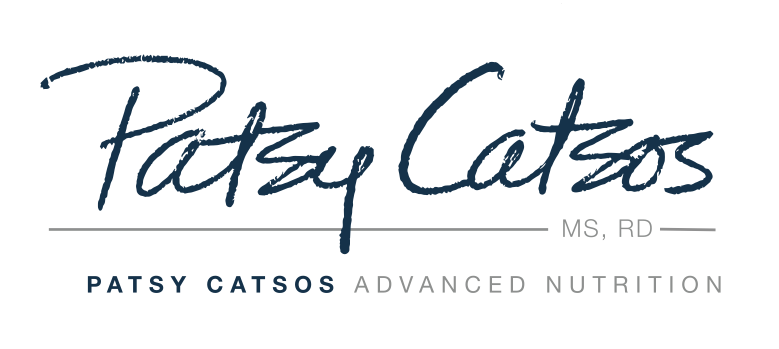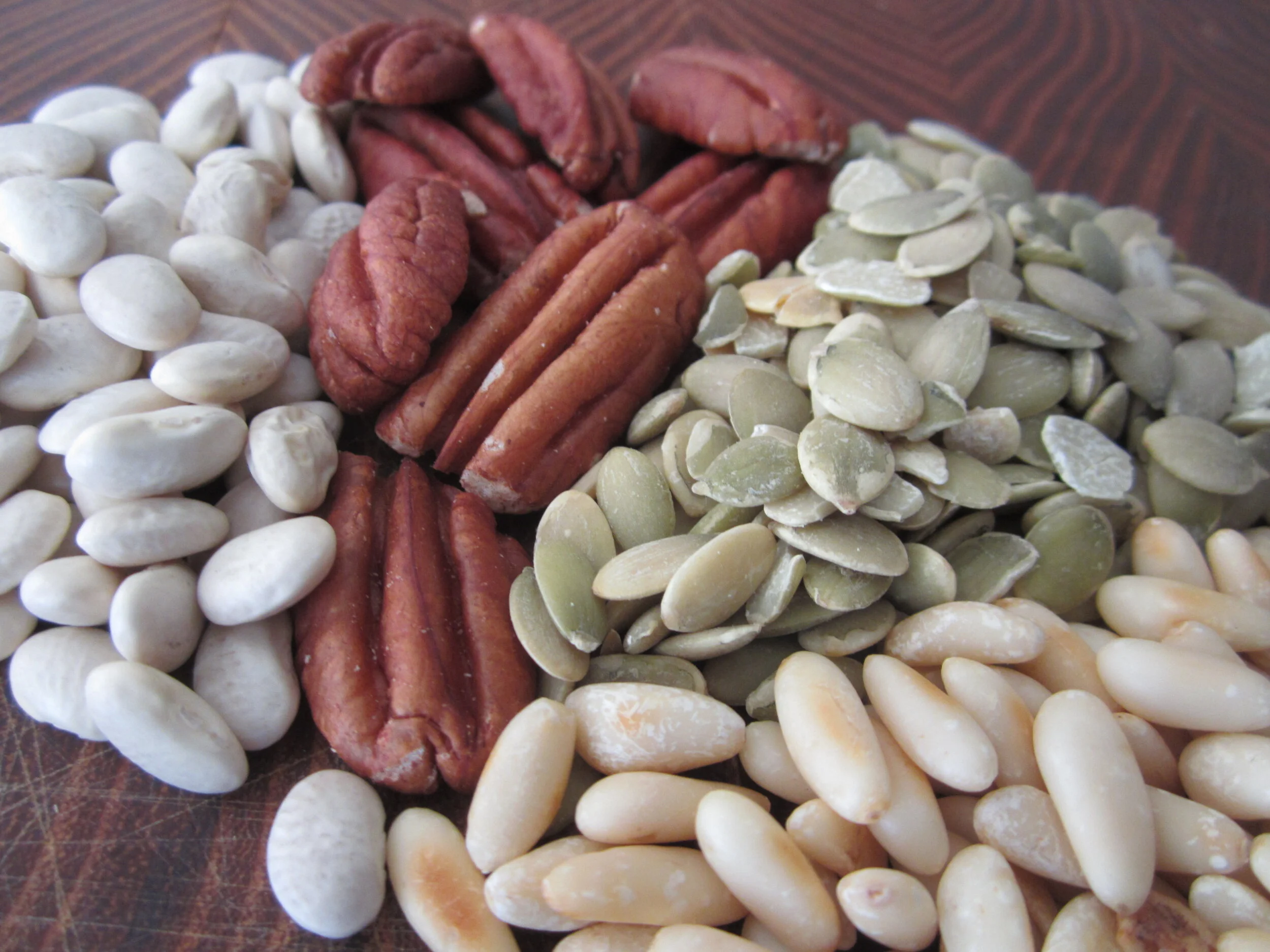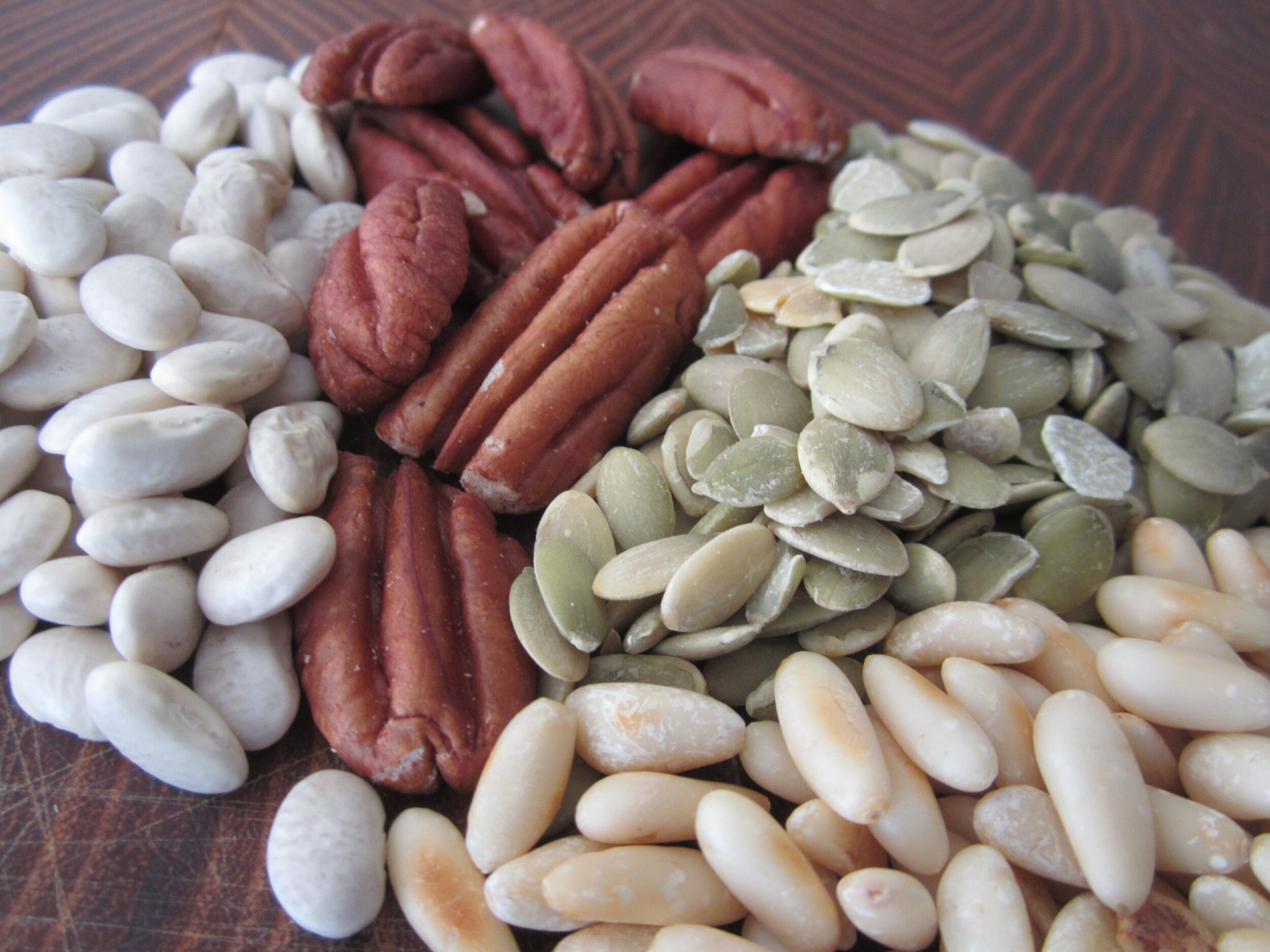Q. I know that small intestinal bacterial overgrowth (SIBO) is a root cause in 60-70% of IBS patients. But what causes fodmap - specifically fructan/GOS - intolerance in the other 30-40%? Does it point to dysbiosis in the large intestine, causing gas? I am assuming it is something that cannot "heal" over time?
A. The short answer is that people with IBS probably experience the increased intestinal gas and fluid that occurs after eating in a problematic way.
Humans don’t produce the enzymes needed to digest the fructans and GOS in foods.
There is definitely a link between SIBO and IBS. However, the best estimates suggest that the “pooled prevalence rate” of SIBO in patients diagnosed with IBS is closer to 38%. I think we have a lot more to learn before we can say that SIBO causes IBS. On the contrary, one way of looking at it suggest that if a person’s symptoms are caused SIBO they they might not even have IBS, which is partly defined by the absence of an organic cause.
As for symptoms triggered by fructans and GOS, you pose a good question. By definition, humans do not produce the hydrolyses (enzymes) to digest fructans or GOS. After consumption, fructans and GOS WILL be available for fermentation by the community of microbes that normally exist in our large intestines, which means that gas will be formed. They WILL exert some osmotic effects (though not as much as fructose does), which means that some water will be drawn into our intestines. There WILL be some distention of the small and large intestines to accommodate the increased gas and fluid volume. This is all part of how the normal human body works. People without IBS experience all of this without distress. In time, the gas and water will be absorbed into our bloodstreams or eliminated when we pass gas or poop.
Scientists are still trying to work out what goes awry for people with IBS. In some cases there may be some element of dysbiosis in the large intestine. That means the type or amount of microbes in the individual’s large intestine might cause more than the normal amount of gas to be produced. Or the microbes might produce substances that cause inflammation, speed up or slow down motility in the gut, or have other effects on us. Low-FODMAP diets may change some of these products of products of fermentation in a helpful way.
In addition, it is pretty well established that people with IBS experience the extra gas and fluid volume after eating FODMAPs in a more painful way. Even a normal amount of intestinal distention can trigger a full blown bout of IBS symptoms if the patients gut and brain do not work well together to adapt. It’s been said the people with IBS have “poor gas and fluid handling” compared to others, a visual image that is easy to relate to! Further, IBS is now referred to as a "disorder of gut-brain interaction”. We don’t know enough about this yet to heal it. But it explains why mind-body practices, hypnosis, certain antidepressants, and cognitive behavioral therapy can help IBS. All of these access the gut-brain communication system and adjust the “volume” of the signals that travel in both directions. Low-FODMAP diet, meanwhile, keeps the extra gas and fluid volume to a minimum to avoid triggering the abnormal symptom response.
Further reading:
Chen B, Kim JJ, Zhang Y, et al. Prevalence and predictors of small intestinal bacterial overgrowth in irritable bowel syndrome: a systematic review and meta-analysis. J Gastroenterol 2018; 53: 807–818.
This page may contain affiliate links. We are a participant in the Amazon Services LLC Associates Program, an affiliate advertising program designed to provide a means for us to earn fees by linking to Amazon.com and affiliated sites


